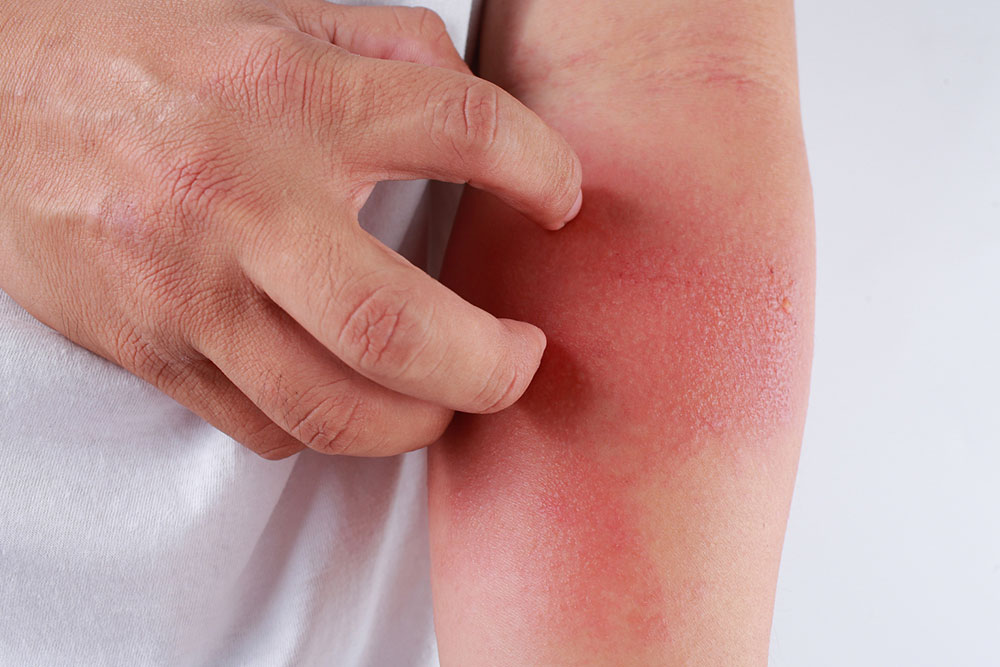Top Dietary Tips for Managing Eczema Symptoms
Discover effective dietary strategies to manage eczema symptoms through anti-inflammatory foods, rich in omega-3s, antioxidants, probiotics, and vitamins. Incorporate nutrient-dense options like fatty fish, fruits, vegetables, and fermented foods to support skin health and reduce flare-ups naturally.

Individuals with eczema experience persistent itching and skin inflammation, often triggered by diet. To support skin health and reduce flare-ups, incorporating specific foods into your diet can be highly beneficial. These foods contain natural compounds that boost the immune system and combat inflammation, alleviating redness and itching. Key dietary elements include omega-3 fatty acids, antioxidants like quercetin and beta-carotene, probiotics, and vitamins. Including such foods can help manage eczema symptoms effectively, promoting healthier skin from within.
Sources of Healthy Fats
Essential fatty acids, such as omega-3s, are crucial in reducing inflammation and supporting skin repair. Found in foods like salmon, mackerel, sardines, as well as plant-based options like walnuts, flaxseeds, and avocados, these nutrients play a pivotal role in skincare. Consuming at least 250 mg of omega-3 daily can significantly ease eczema symptoms.
Foods Rich in Quercetin
Fruits and vegetables like berries, apples, spinach, broccoli, cherries, and kale provide quercetin, a flavonoid known for anti-inflammatory and antihistamine properties. These help combat allergic reactions and soothe irritated skin.
Antioxidant-Rich Foods
Beta-carotene, prevalent in carrots, peppers, tomatoes, mangoes, and leafy greens, neutralizes damaging free radicals, promoting healthier skin. Including these foods supports skin renewal and reduces eczema flare-ups.
Probiotic Choices
Yogurt and fermented foods like sauerkraut, sourdough bread, and pickles introduce beneficial bacteria that aid digestion and regulate immune responses, reducing allergy risk and easing eczema symptoms.
Foods with Anti-Inflammatory Pigments
Anthocyanin, found in red cabbage and berries, offers anti-inflammatory benefits and helps balance skin pH levels, reducing irritation.
Vitamin E Sources
Vitamin E supports skin healing and decreases allergic reactions. Foods rich in this vitamin include walnuts, avocados, and oats. Including these in your diet can promote skin recovery and lessen eczema severity.
Additional Dietary Tips
Peeled pears are safe options for eczema sufferers, providing fiber and anti-inflammatory properties without citrus or grapes, which may trigger sensitivities. A nutrient-rich juice combining beets, carrots, and pears offers a tasty, healthful way to boost skin health.
Vitamin D Intake
Vitamin D is crucial for skin health, obtainable from cod liver oil, deep-sea fish, or moderate sun exposure. However, eczema patients should balance sun exposure carefully to prevent exacerbating symptoms.
Adopting an anti-inflammatory diet with these foods can help ease eczema discomfort and support overall skin well-being. Always consult a healthcare professional before making significant dietary changes.









